After completing a diploma in computer engineering, many students wonder what the next step should be. Some want to continue studying, while others are ready to start their careers. The good news is that there are plenty of exciting and rewarding options available. Whether you want to dive deeper into advanced computer studies or explore professional short courses, you can easily shape your future based on your interests and goals.
A diploma in computer engineering already gives you a strong foundation in software, hardware, networking, and programming. But to stand out in the job market, you need to specialize and upgrade your skills. The tech industry changes rapidly, and learning new technologies can help you stay ahead of the competition. Let’s explore the best courses you can pursue after a diploma in computer engineering and how they can open new doors for your career.
Why You Should Study Further After a Diploma
Many students finish their diplomas and immediately start working, but continuing your education can make a huge difference in the long run. Advanced courses help you gain deeper technical knowledge, develop industry-ready skills, and earn higher salaries. They also increase your chances of getting jobs in top companies or even starting your own tech venture.
Studying further doesn’t always mean a long-term commitment. You can choose degree programs or short-term professional courses based on your career goals. Even a six-month or one-year course can completely change your career path if you choose wisely.
Top Courses After a Diploma in Computer Engineering
Bachelor of Engineering (B.E.) or Bachelor of Technology (B.Tech) in Computer Science
One of the most popular and straightforward options after a diploma is to join a B.E. or B.Tech program in computer science or information technology. Many universities offer lateral entry, allowing diploma holders to join directly in the second year. This means you can complete your degree in just three years instead of four.
With a B.Tech degree, you’ll gain advanced knowledge in programming, software development, databases, artificial intelligence, and computer networks. It’s an excellent choice if you want to build a solid career as a software engineer, web developer, or data analyst.
Bachelor of Computer Applications (BCA)
If you’re interested in software development, app creation, or coding, a Bachelor of Computer Applications (BCA) is another great option. This three-year degree focuses more on software and applications rather than hardware.
BCA graduates can work in IT companies, software firms, and even in government organizations. You can later pursue MCA (Master of Computer Applications) to gain a deeper understanding and better career opportunities.
Networking and Hardware Courses
For students who love working with computer systems, routers, and networks, professional networking courses are a smart choice. You can enroll in certifications like CCNA (Cisco Certified Network Associate), CompTIA Network+, or Red Hat Linux Administration. These short-term programs prepare you for roles like network engineer, system administrator, or IT support specialist.
The demand for networking professionals is high in almost every organization since every company relies on a secure and efficient network to run smoothly.
Cyber Security and Ethical Hacking Courses
As technology grows, so do cyber threats. That’s why cybersecurity has become one of the most powerful and in-demand career fields. After a diploma, you can take a certified course in ethical hacking, cyber forensics, or network security.
These programs teach you how to protect systems from hacking, prevent data theft, and maintain online safety for organizations. With a certification from recognized institutions like EC-Council or CompTIA, you can work as a cybersecurity analyst, ethical hacker, or security consultant.
Software and Web Development Courses
If you enjoy creating websites, software, or mobile apps, then web development or full-stack development courses are perfect. These short-term programs teach you the latest programming languages like Python, Java, C++, HTML, CSS, JavaScript, React, and Node.js.
Many institutes offer six-month or one-year web development courses that include live projects, helping you build a strong portfolio. You can work as a front-end or back-end developer or even freelance as a web designer or app creator.
Data Science and Artificial Intelligence Courses
Data science and AI are the future of technology. After your diploma, you can take up a data analytics or artificial intelligence course to learn how to use data for decision-making and automation. These courses teach you about machine learning, statistics, Python programming, and data visualization tools like Power BI and Tableau.
With data becoming the heart of every business, experts in this field are in great demand. You can work as a data analyst, AI engineer, or machine learning developer, with excellent career growth and salary packages.
Digital Marketing Courses
Digital marketing is another excellent path after a computer engineering diploma, especially if you’re interested in creativity and online business. This course teaches you how to promote brands and products through the internet using tools like SEO, social media, Google Ads, and email marketing.
It’s a great option if you want to work in marketing, e-commerce, or content creation. Many digital marketers also start their own freelancing businesses or digital agencies.
Graphic Design and Multimedia Courses
If you have a creative eye and love design, graphic design, and multimedia courses are fun and rewarding. You’ll learn tools like Adobe Photoshop, Illustrator, After Effects, and Premiere Pro to create logos, ads, videos, and visual content.
After completing this course, you can work in advertising agencies, film studios, or as a freelancer. The field of digital content creation is growing rapidly, and skilled designers are always in demand.
Mobile App Development
Smartphones are everywhere, and so are apps. Mobile app development courses teach you how to create Android and iOS applications using tools like Kotlin, Flutter, or React Native.
After a diploma in computer engineering, this course is a great way to specialize in a fast-growing area of technology. App developers often work with startups or IT companies, and freelancing in this field is also very profitable.
Choosing the Right Course for Your Future
When choosing your next step, think about what you truly enjoy doing. If you love solving problems and coding, go for software or AI courses. If you like creative work, choose graphic design or digital marketing. And if you prefer hands-on technical work, networking, or cybersecurity could be perfect for you.
Also, consider your long-term goals. If you plan to work abroad or in a multinational company, degrees like B.Tech or BCA are better options. If you























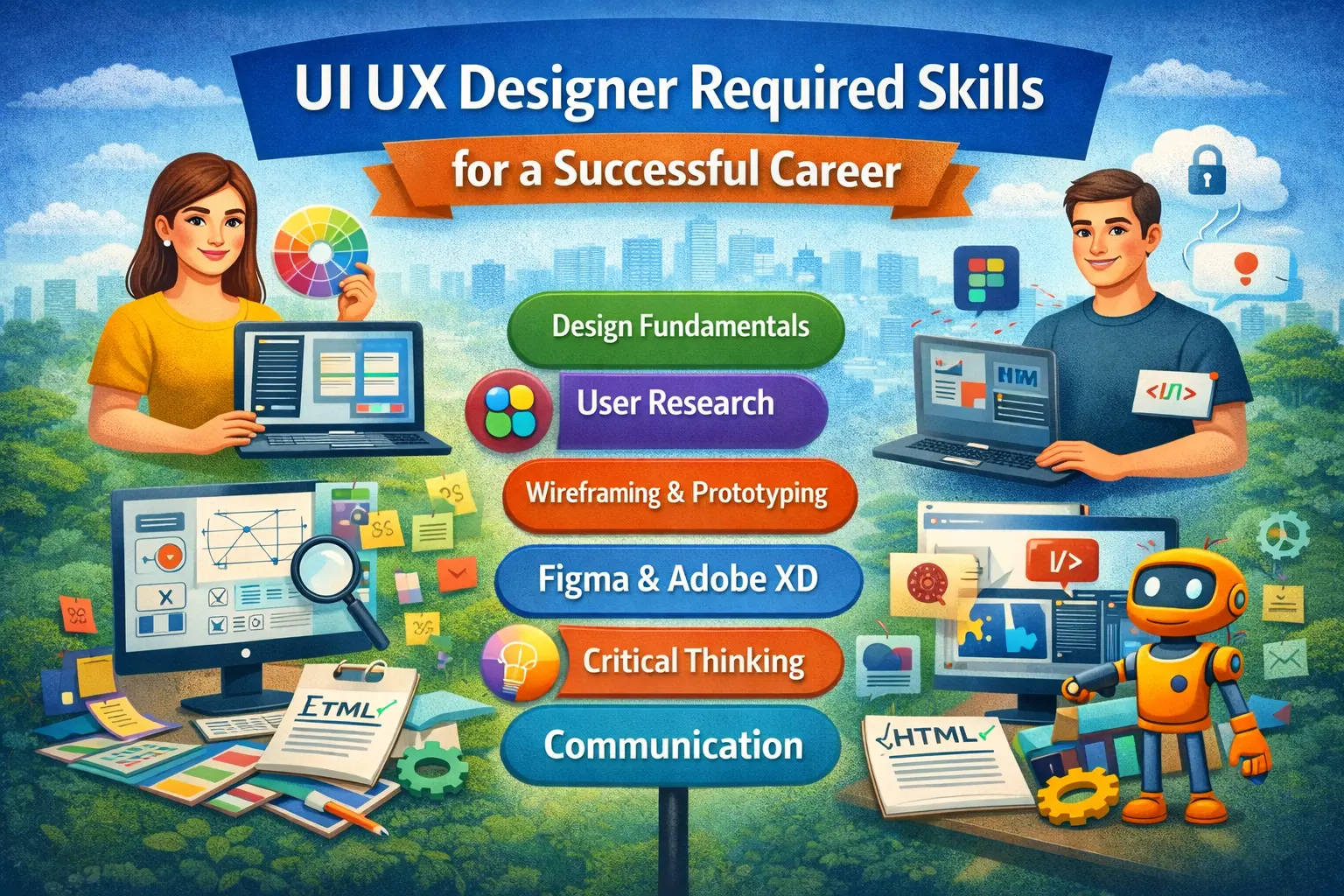
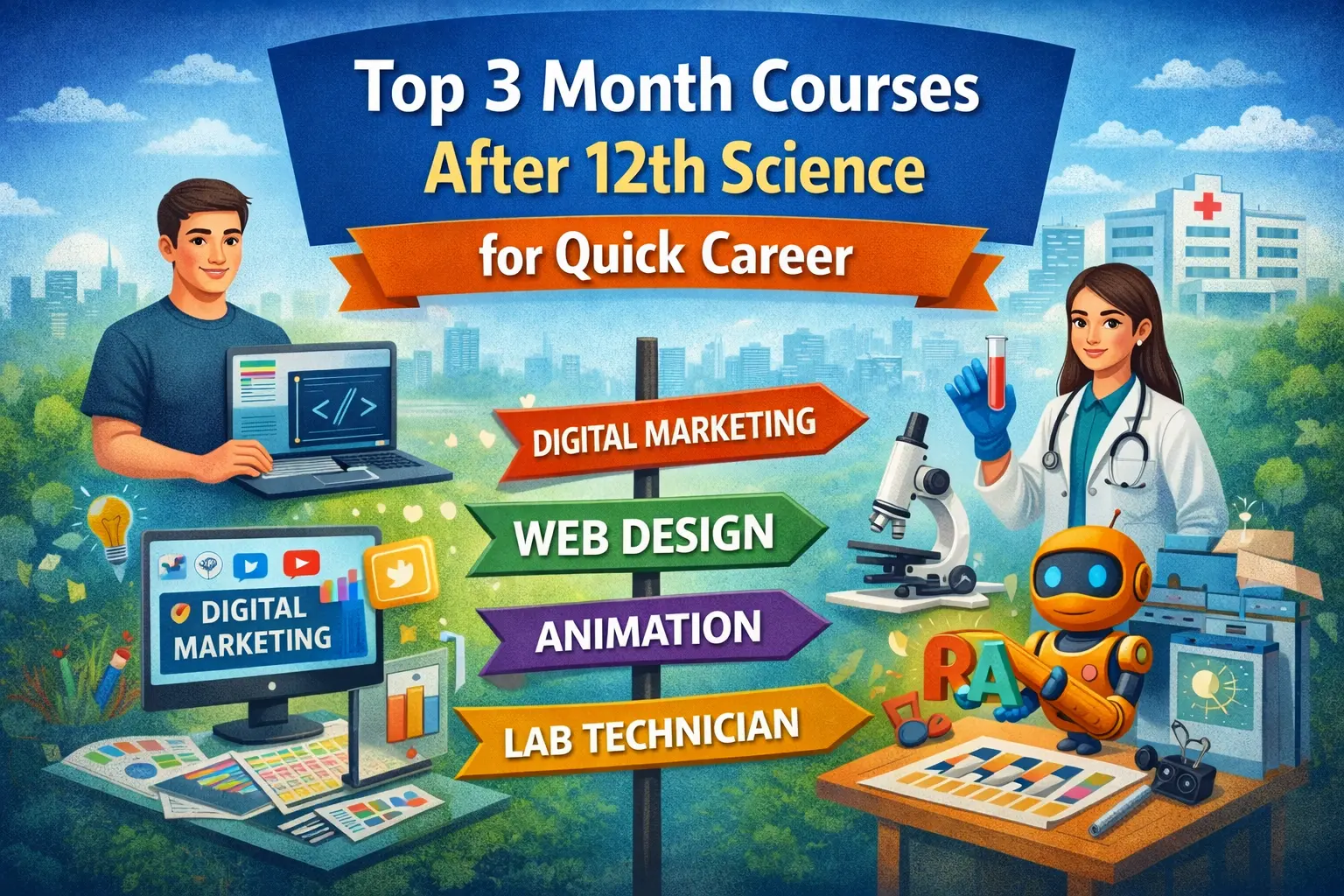

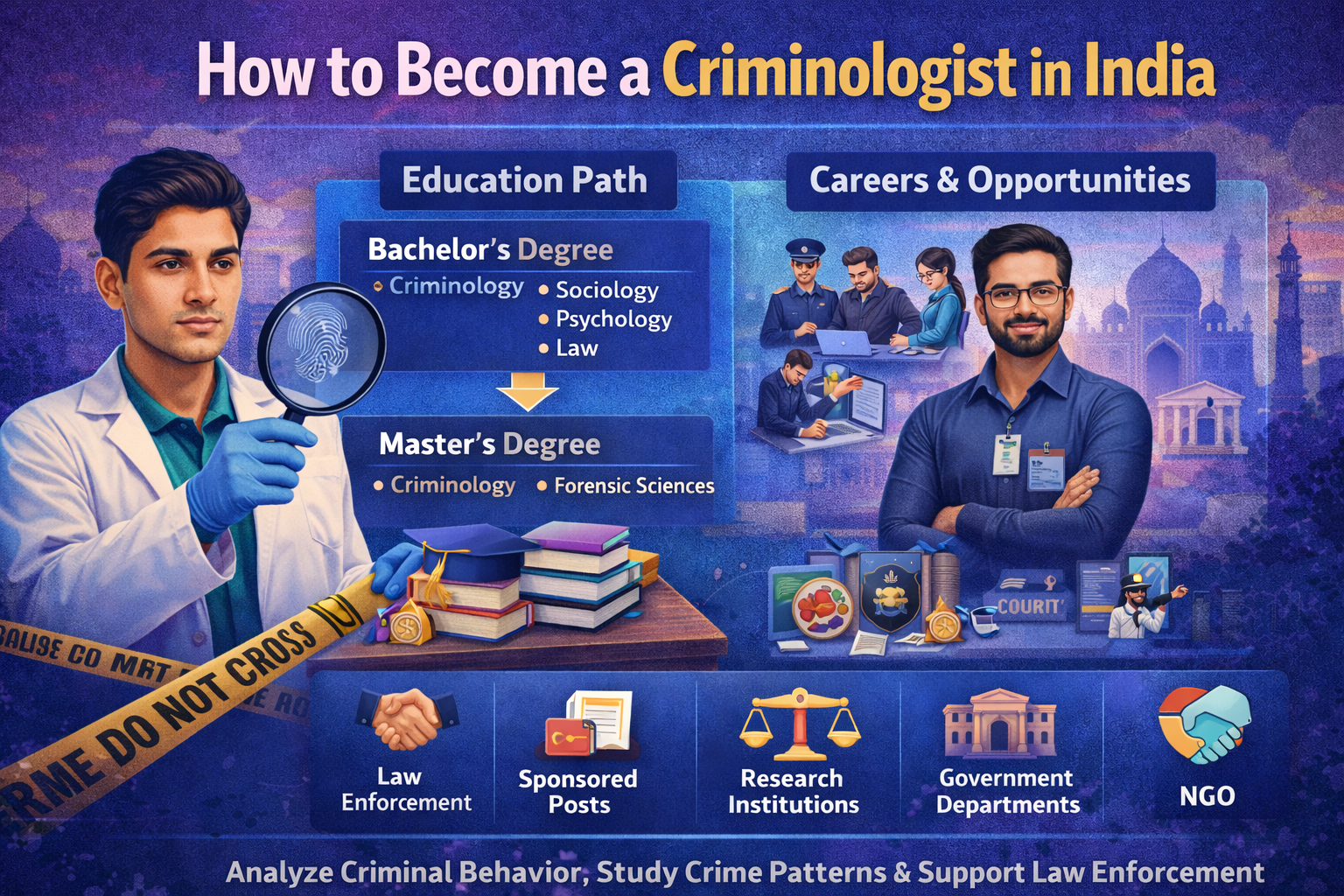

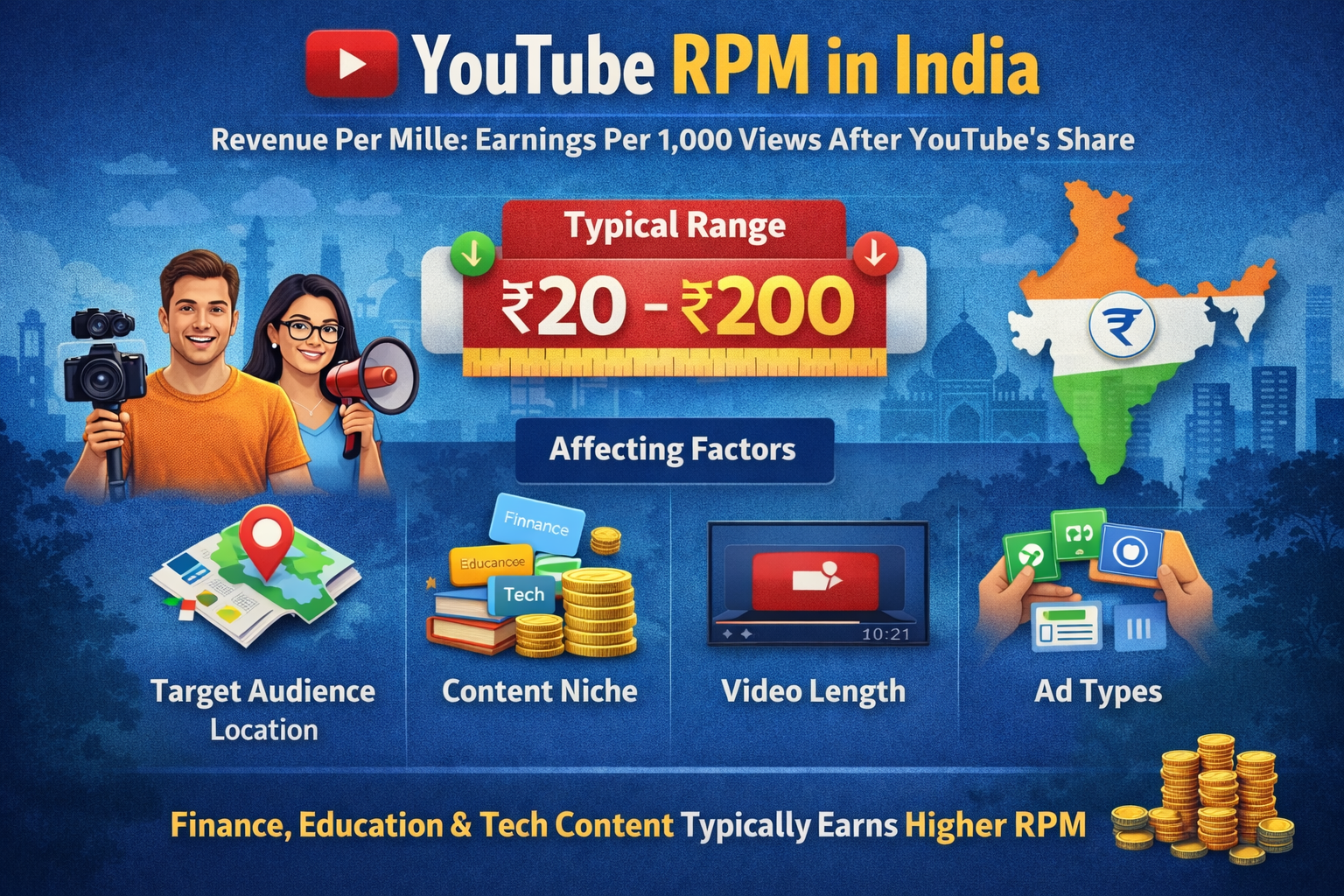

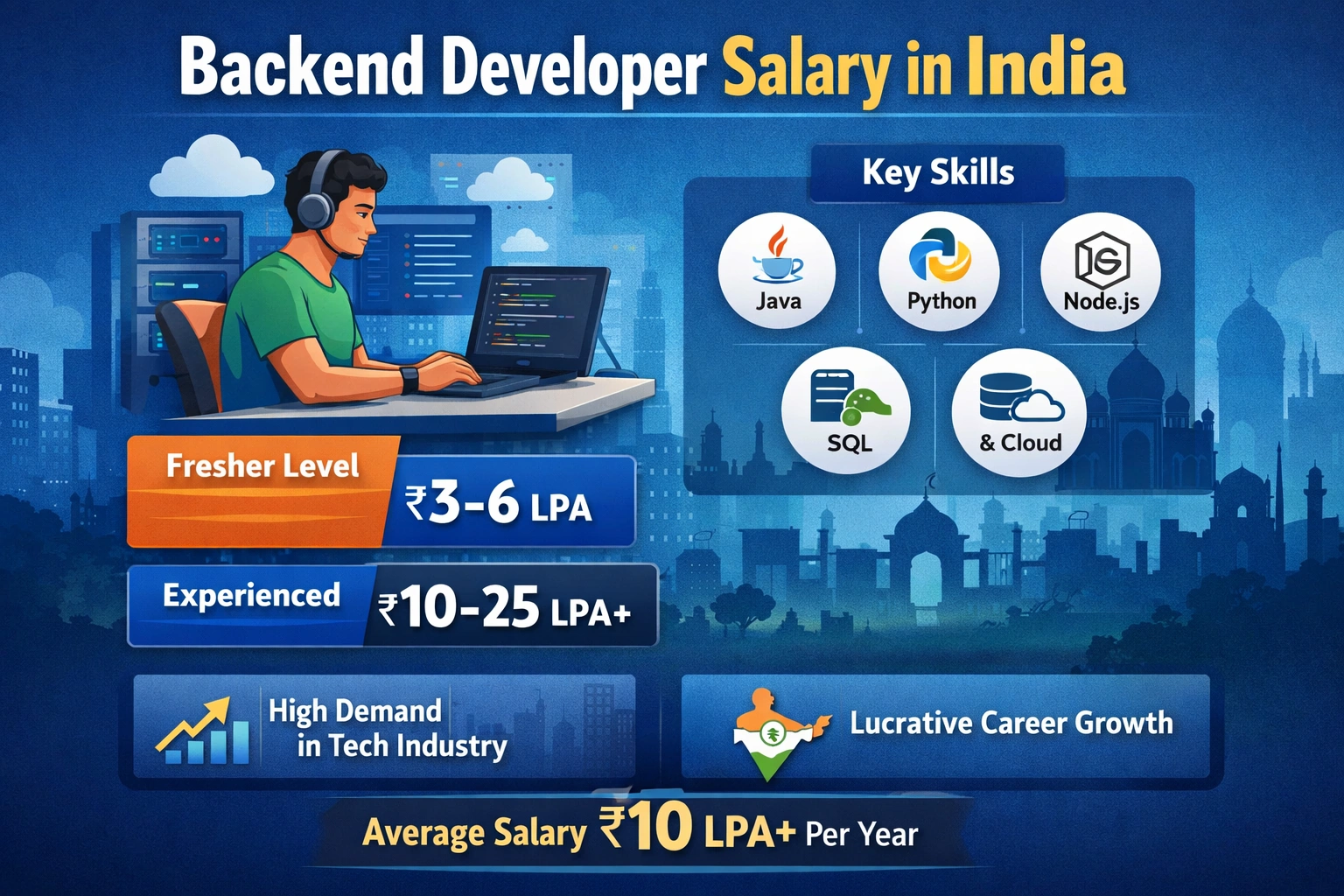








.png)







 Please select course category
Please select course category